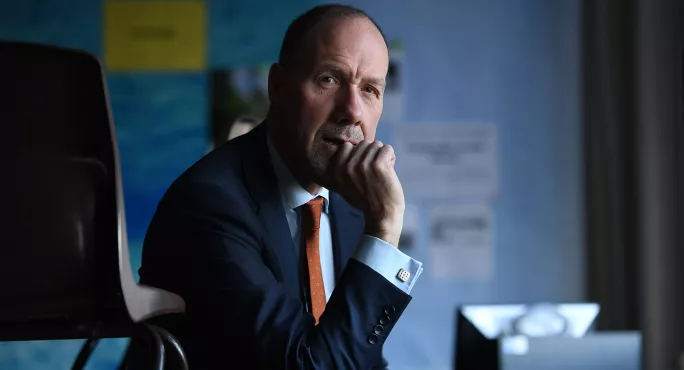On 10 May 1940, as the Blitzkrieg raged across Europe, Winston Churchill became British prime minister. That night he wrote in his diary:
“I felt as if I were walking with destiny, and that all my past life had been but a preparation for this hour and for this trial.”
Well, these are certainly times of trial. And even though most of our leaders across the UK’s schools and colleges won’t have viewed it as a moment of destiny, they will have sensed the enormous weight of expectation placed upon them.
Their leadership has rarely been more needed and appreciated. They - like so many staff working in education - have responded magnificently in these unprecedented times.
Today has been a day that will have tested every one of them. Overnight the government published its long-awaited list of key workers. It is - I think we can fairly say - rather more extensive than any of us had assumed. And, without carping too much, knowing that schools were going to have to shut at some point, this list could surely have been ready in advance.
And now the problem with the all-encompassing nature of the list is that the message of two days ago - “all schools will be closed from Monday” - may start to appear to some people as “all schools will be open”.
The coronavirus challenge for school leaders
In fact, the first text message I received in response was from a head in Cheshire, who said: “A lot of parents are really challenging us about who attends next week - for example, a worker in McDonald’s saying she works in the food production industry.”
Thus leaders find themselves doing what leaders so often have to do - going back to first principles, taking decisions, and then explaining why they have made those decisions, rising above any need to be popular in order to demonstrate leadership.
They’ll have noted the national guidance but looked at their context. They’ll have weighed up the number of staff they may have on Monday, against the proportion of children deemed vulnerable, and then begun to disentangle the implications of the key worker list.
And they’ll have made decisions on behalf of their school in their community.
Because for all the irksome, last-minute, behind-the-scenes logistical stuff that this past week has generated, I think we’ll look back one day and see that the leaders of our schools did something much more significant in these days of swirling uncertainty.
They focused on children and young people and did what our schools are designed to do - to pass on the values, the attitudes, the sense of humanity that helps one generation to take its place after the next. Our young people are feeling huge anxiety. Many of them feel cut adrift by circumstances way beyond their control.
And in response we’ve seen teachers, leaders and other staff setting a tone of calm authority, explaining that we - the adults - also don’t understand all of this, but that in due course these things shall pass.
In times of crisis, we might assume we look to government. This week - clearly and proudly - it’s been the leadership in our schools and colleges that has been so deeply impressive, so uplifting, so reassuringly visible, even in these uncertain times.
Geoff Barton is general secretary of the Association of School and College Leaders. He tweets @RealGeoffBarton




